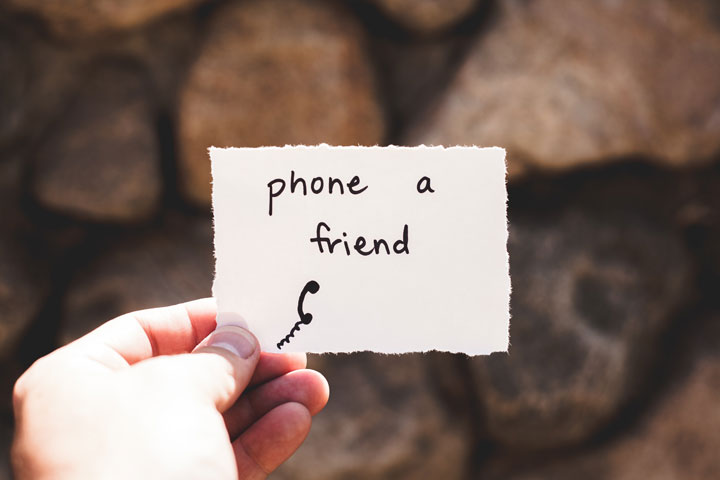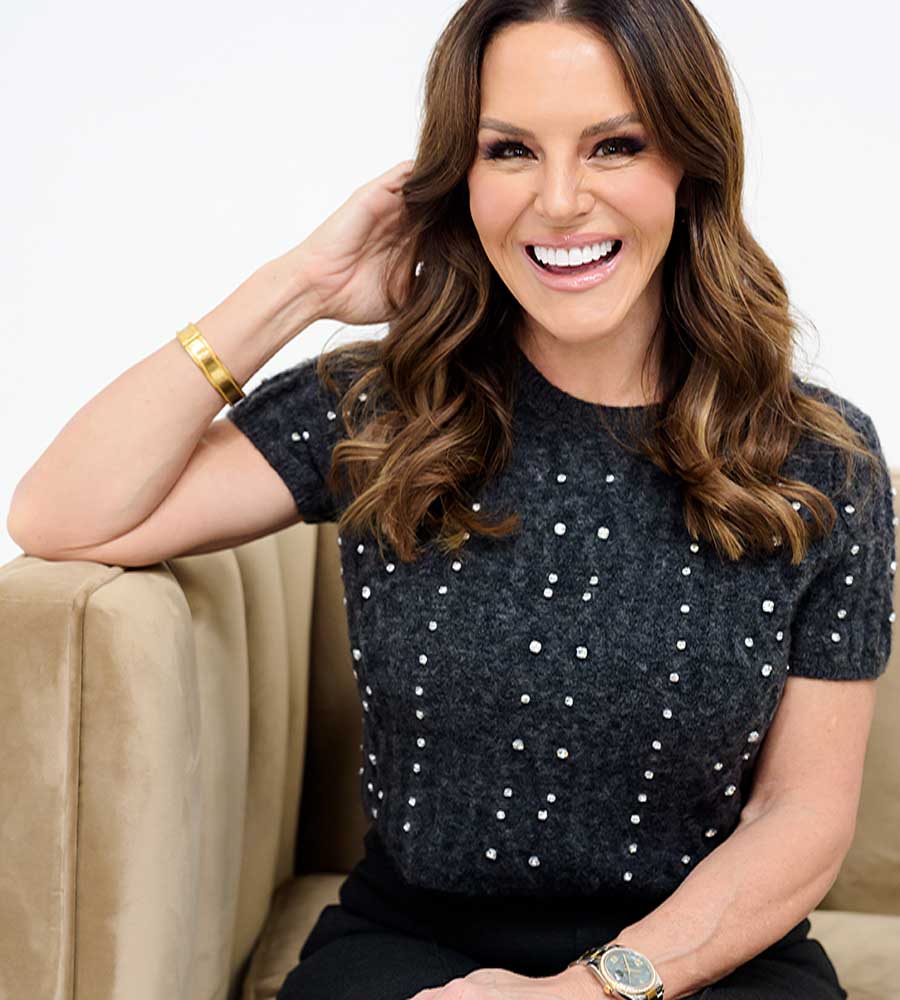You are just diagnosed with a mental health condition such as depression, bipolar disorder, panic disorder, addiction, OCD, or some other mental health disorder. You go see a counselor to get help. Eventually, your relatives and closest friends find out your condition. The problem is that some of them get on your case and do not understand what you are going through. Here are 6 ways on how to discuss your mental health experiences with others.

Listen To The Professionals And Not Your Friend
Your friends may mean well, but when it comes down to it, the professionals know your situation more than anyone. They know what you are going through and are trained to deal with your situation. Your friends do not have the answers to your medical condition. When you have questions about your mental health situation, consult with your counselor or other mental health professional. Listen to them and follow their advice and not your friends when you discuss your mental health.
Your Goal Is To Get Better
Your goal is to get better, period. Don’t waste your time arguing with your friends or relatives who are giving you a difficult time. This isn’t a public relations event where you need to get everyone’s approval. This is your life and you’re the one suffering. Your main focus is for you to get better. This is the number one thing.

Tell Your Friends To Learn About Your Condition
When you discuss your mental health, tell your friends and relatives that the best way for them to help you is to learn about your condition. They could talk to a counselor, they could do family therapy, they could read some good books or join you at a support group to learn about your condition. They won’t know exactly the pain your suffering but they will have some idea of what you are going through. If some of your friends won’t do this, then stay away from them. They will only make things worse.
Distance Yourself From People Who Give You A Hard Time
This may seem cruel but if some of your friends or relatives are hindering your progress in getting better, then kindly tell them to follow step three or else tell them to stay away and go bother someone else. Distance yourself from those people who won’t make an effort to help understand what you are going through. You need to surround yourself with positive and supportive people. Again, if you have problems or issues with a particular person, you can always ask your counselor for advice on how to deal with them.
Join a local mental health support group
Go to a support group in your area and ask if anyone knows of a good counselor that can help you with your mental health issues. Many people who are active in these groups will be able to give you some names of people that can help you out.
Take advantage of the help that is available around you.
If possible, talk to a professional who can help you manage your depression and anxieties. They will be able to provide you with additional advice and insights on how to deal with your current problem. By talking to a professional, a person will be helping themselves in the long run because they will become better able to deal with their problems in the future.


Stan Popovich
Stan Popovich is the author of “A Layman’s Guide To Managing Fear”. Stan struggled with fear and anxiety for over 20 years and his advice has been featured in the news media. For more information about Stan and to get some free mental health advice, visit Stan’s website at www.managingfear.com


























Subscribe so you don’t miss a post
Sign up with your email address to receive news and updates!